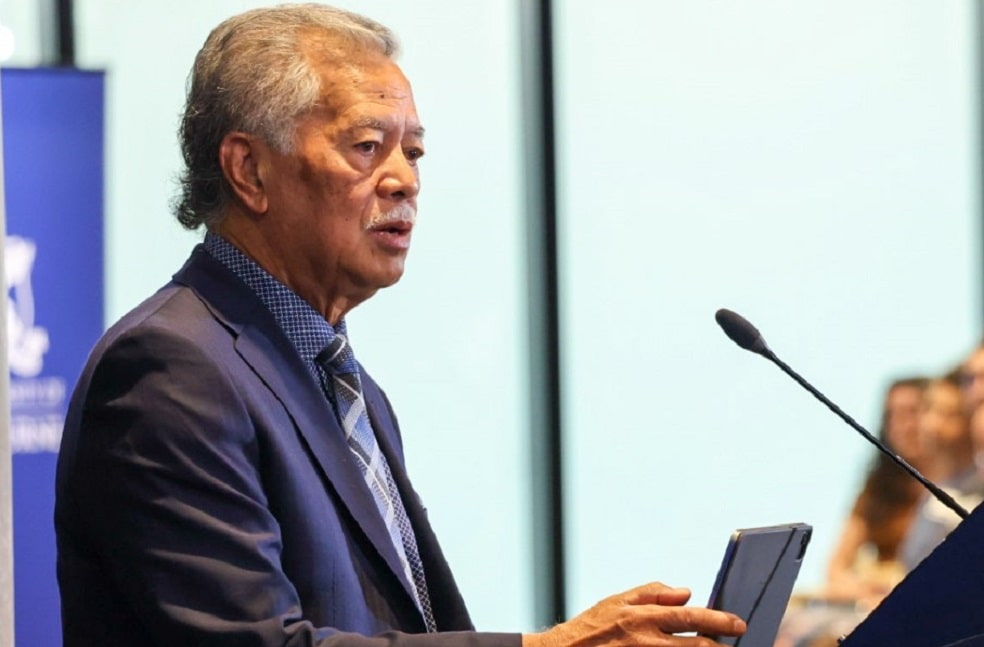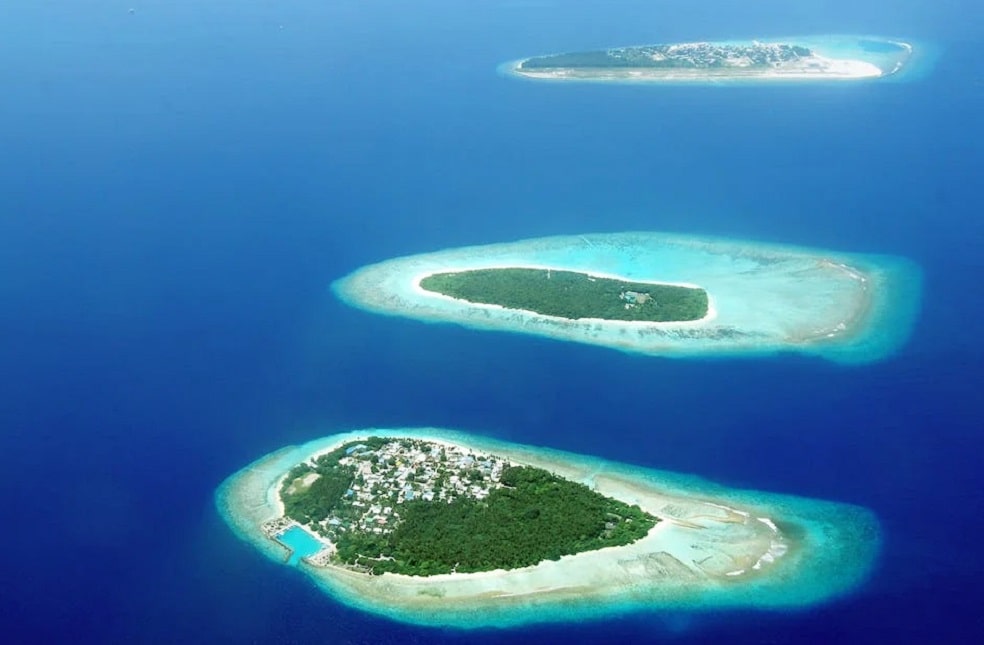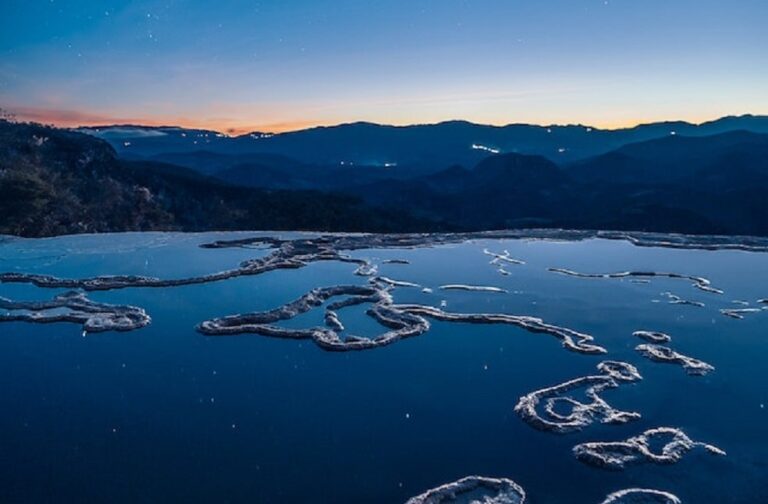Japan: The Pacific island nations have urged Japan to delay the release of water from the destroyed Fukushima nuclear power plant over fears that fisheries will be contaminated.
Recently, the Japanese government announced that treated wastewater from the Fukushima plant, which was destroyed in an earthquake and a tsunami in 2011, could be released into the sea “around this spring or summer.” Japan had previously approved the future release of more than 1 million tonnes of water from the site into the ocean after treatment in April 2021.

According to the Pacific Island Forum, a regional bloc of 17 island nations, the release of the water could have a major impact on the fishing grounds that island economies rely on and where up to half of the world’s tuna is sourced.
“Our region is steadfast that there be no discharge until all parties verify it is safe,” PIF Secretary General Mr. Henry Puna remarked at a public meeting in Suva, Fiji.
“We must prevent action that will lead or mislead us towards another major nuclear contamination disaster at the hands of others,” Mr. Puna further added, emphasising that Pacific Islanders continued to endure the long-term effect of the nuclear testing legacy on a daily basis.

Mr. Ken Buesseler, a scientist with the Woods Hole Oceanographic Institute, stated in the forum that a PIF scientific expert panel was urging Japan to reconsider the waste release because it was not supported by data and more information was needed.
“Radioactivity moves across the ocean with currents and contaminates fish,” Mr. Buesseler observed.
In addition, Japan’s regional neighbors, including China and South Korea, and groups such as Greenpeace have also criticised the plan.



